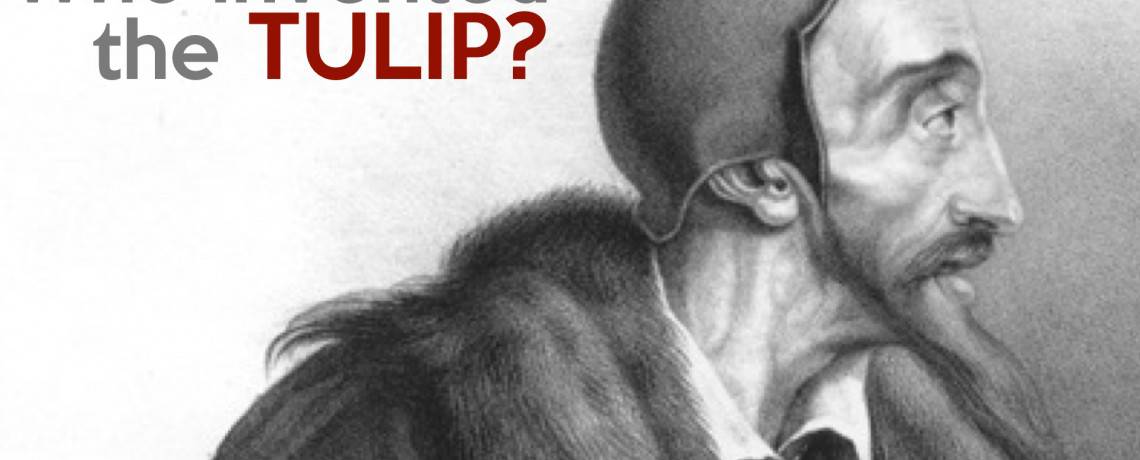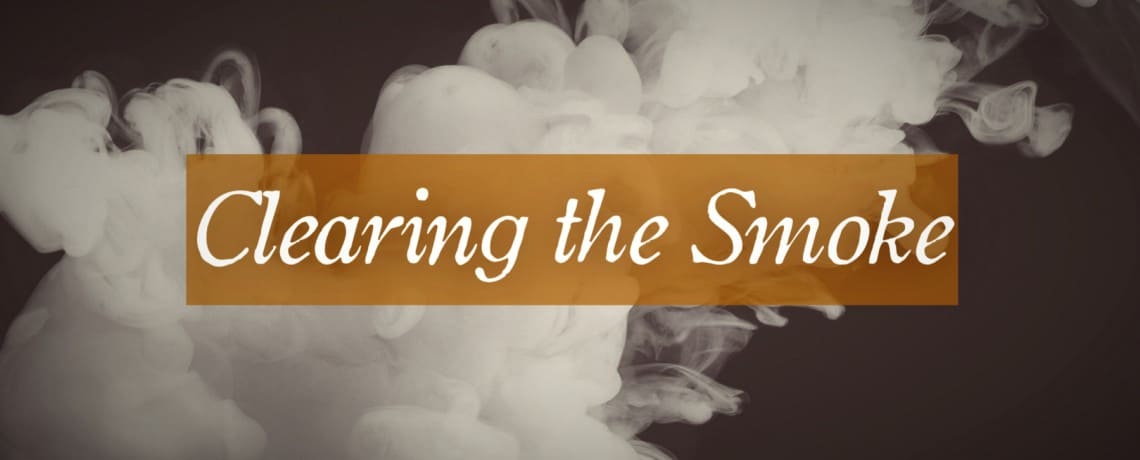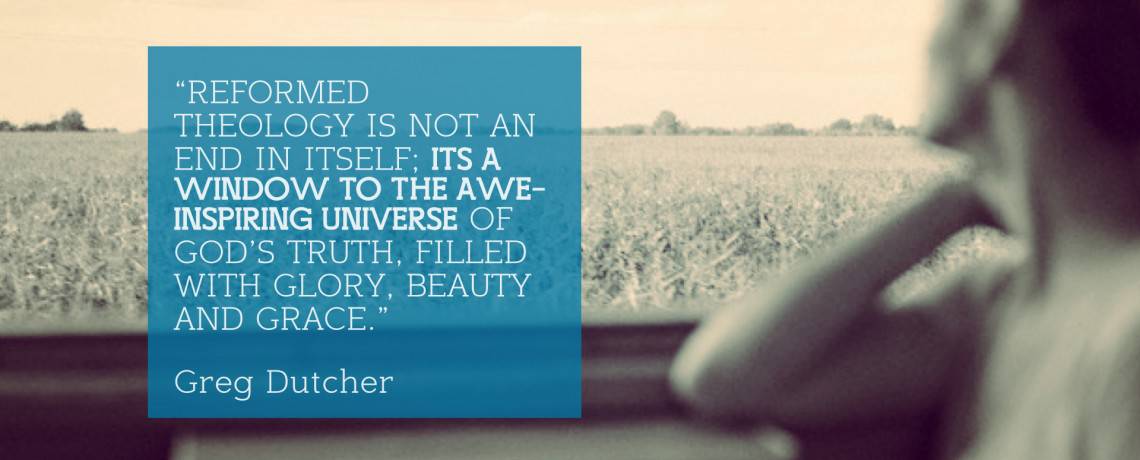On October 23, 787, the last session took place of the last church council that brought together church leaders from both the eastern and western halves of what had once been the Roman Empire. Centuries later, one of the key Protestant reformers of the sixteenth century would reject what these church leaders decided. What brought church leaders […]
[Read More...]Theology: How Free Is Humanity?
How free are your choices? Do human beings possess free will? Does God determine your choices or do you? Part of the answer depends on how you define “freedom” and “free will”! With that in mind, let’s take a closer look at the notions of human freedom and free will. Does God Save People Against Their […]
[Read More...]PROOF: Who Invented the TULIP? (Part 3)
Did you miss Parts 1 and 2 of “Who Invented the TULIP?” Click here for Part 1 and here for Part 2. Where Did McAfee Find His Points in the First Place? Others have explored the origins of TULIP as far back as Cleland McAfee’s 1905 lecture. I find it highly unlikely, however, that this […]
[Read More...]PROOF: Who Invented the TULIP? (Part 2)
Did you miss Part 1 of “Who Invented the TULIP?” Click here to read it. Tiptoeing through (the History of) the TULIP The earliest name clearly connected to the TULIP seems to be Cleland Boyd McAfee. Born in Missouri in 1866, McAfee became a prominent leader in the Presbyterian Church. He moved to Union Theological […]
[Read More...]PROOF: Who Invented the TULIP? (Part 1)
Chances are, if you’ve ever heard of the “five points of Calvinism,” you heard them first in the form of a flower—a tulip, to be exact. If your earliest awareness of these points was anything like mine, it began with the fallenness of humanity and ended with the security of the believer, with the most […]
[Read More...]PROOF: Cutting through the Confusion about What to Call “the New Calvinism” (Part 2)
For part one of this series on naming the “New Calvinism,” click here. A Trinity of “Neo’s”: Neo-Calvinist, Neo-Puritan, Neo-Reformed The relatively recent introduction of “neo-Calvinist” to describe the latest resurgence of interest in Reformation theology has muddied the semantic waters even more—but not because “neo-Calvinist” or “new Calvinist” carries too many different meanings (not […]
[Read More...]PROOF: Cutting through the Confusion about What to Call “the New Calvinism” (Part 1)
The mention of Calvinism may provoke revulsion or comfort—but it rarely produces apathy. “Calvinism,” journalist H.L. Mencken opined in 1937, “occupies a place in my cabinet of private horrors but little removed from that of cannibalism.” Mencken included these words in his obituary for J. Gresham Machen, a Presbyterian theologian who whispered on his deathbed, […]
[Read More...]PROOF: How Grace Sets Us Free #4DaysUntilPROOF
The following is a portion from an interview about PROOF found in the May 2014 issue Towers Magazine, the campus magazine for The Southern Baptist Theological Seminary. MD: How does your [PROOF] acronym relate to TULIP? Are you replacing it? TPJ: Well, it’s somewhat unfortunate that, if someone has heard of Reformed soteriology, it’s typically been described […]
[Read More...]PROOF: A Window to God’s Glory, a Mirror for His Grace #5DaysUntilPROOF
The following is a portion from an interview about PROOF found in the May 2014 issue Towers Magazine, the campus magazine for The Southern Baptist Theological Seminary. MD: So, proof of what? TPJ: The focus of PROOF is the unassailable proof of grace that God has provided through the cross of Jesus Christ. In Jesus Christ, […]
[Read More...]PROOF: A New Book and the Noetic Effect of the Fall
[Please note the addendum at the end of this post.] Ever since Adam’s fall into iniquity, our minds have been—in the words of John Calvin in his commentary on Genesis—“smitten with blindness and infected with innumerable errors.” The primeval fall not only stained our natures but also degraded our bodies so that imperfection has crept […]
[Read More...]Church History: How Christians Settled an Argument About Election
:: Defenestration and Divine Election in Seventeeth-Century Europe :: By the opening years of the seventeenth century, the Reformation had turned European Christianity into a conglomeration of conflicting sects. The Roman Catholic Council of Trent drew a firm line between Catholics and Protestants by declaring that Roman Catholic tradition represents the final authority when it […]
[Read More...]






